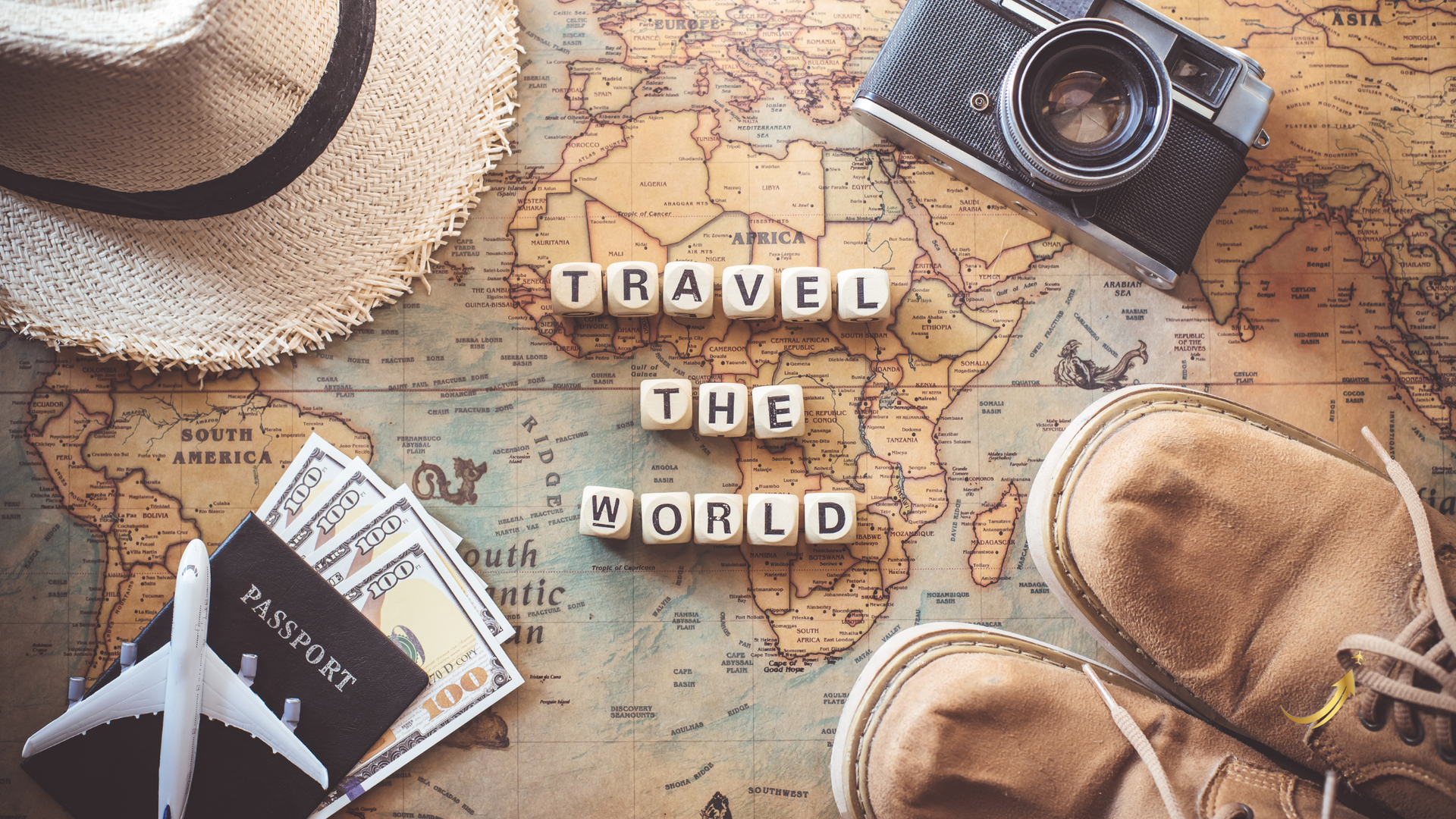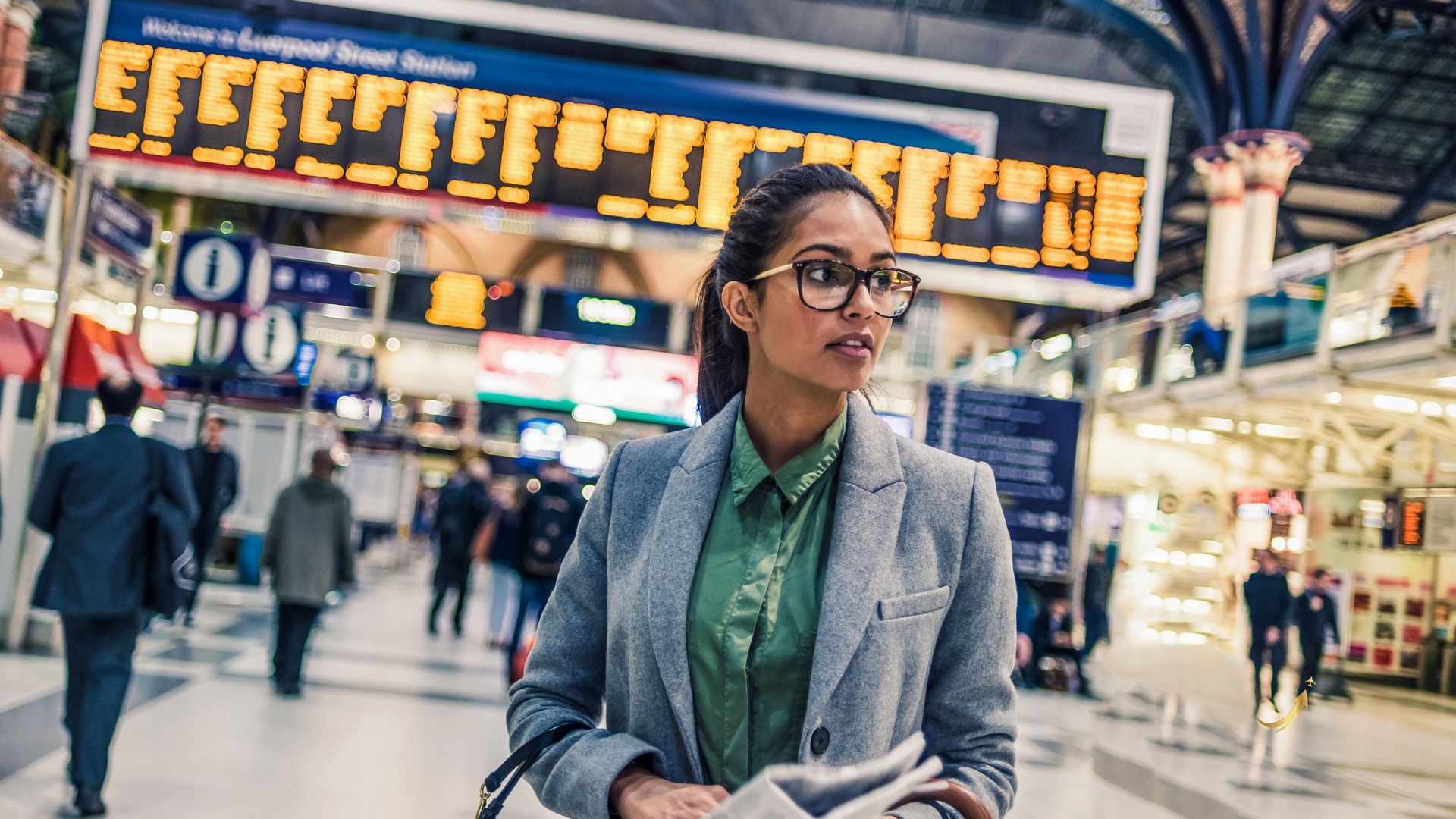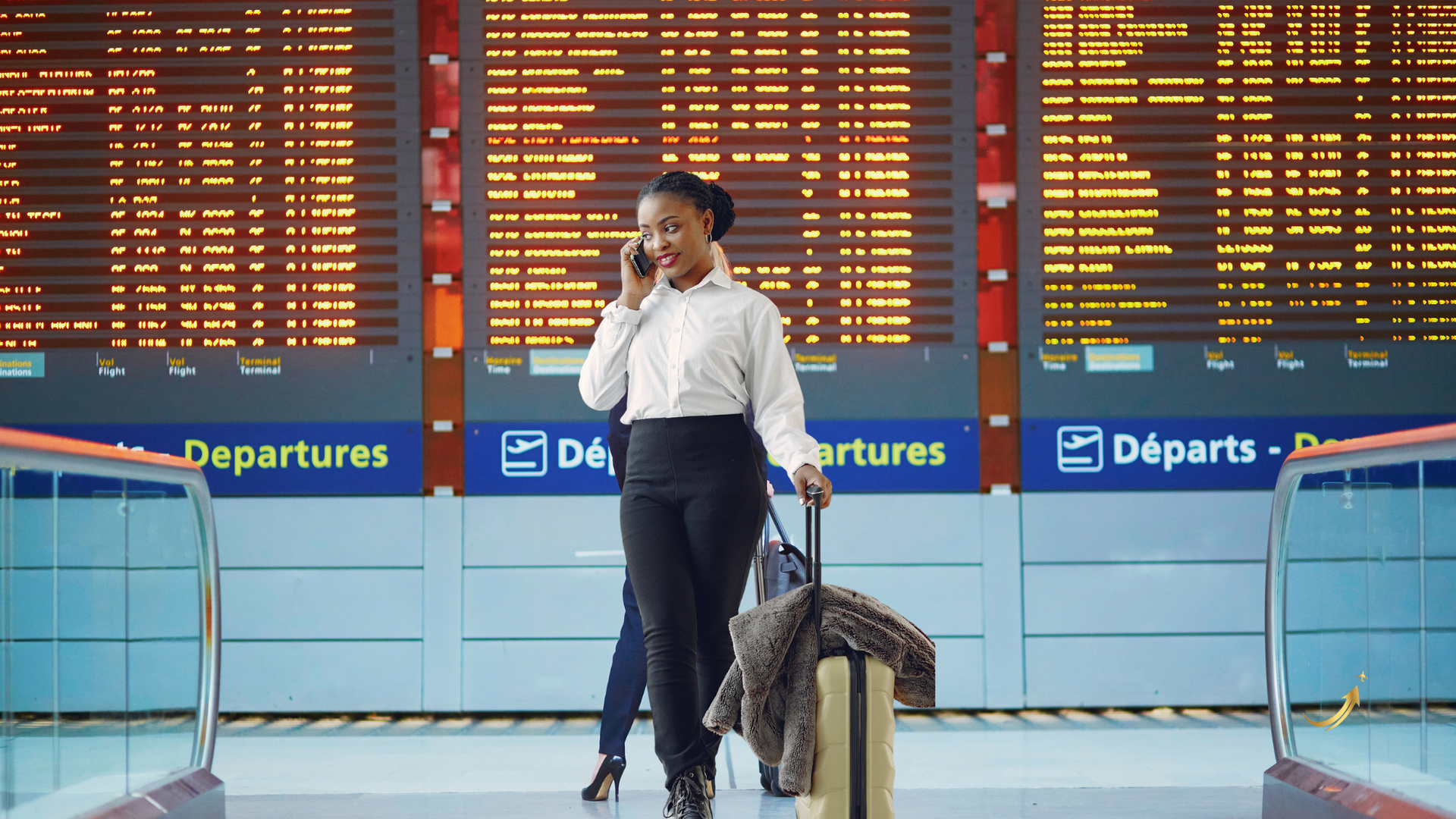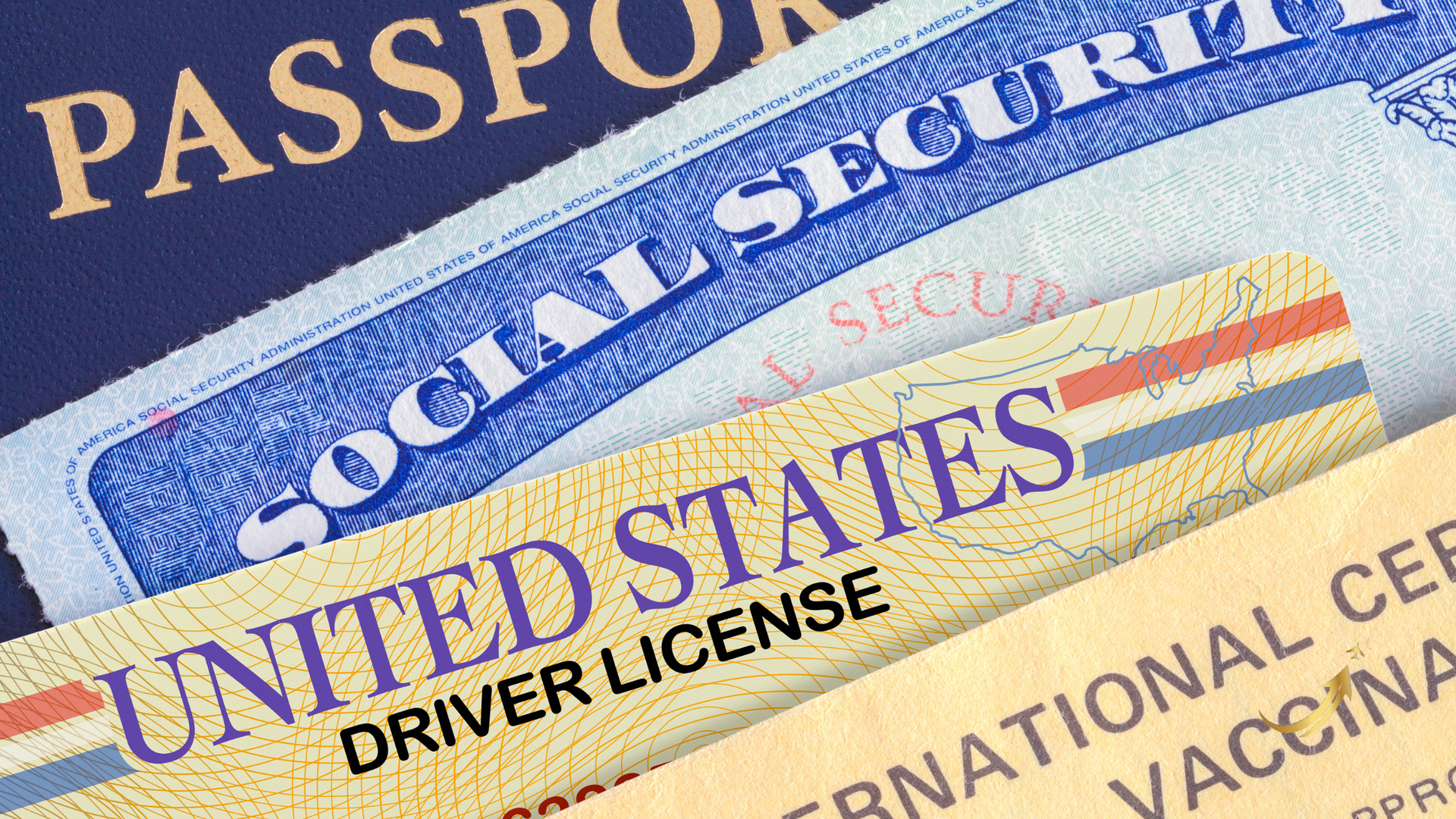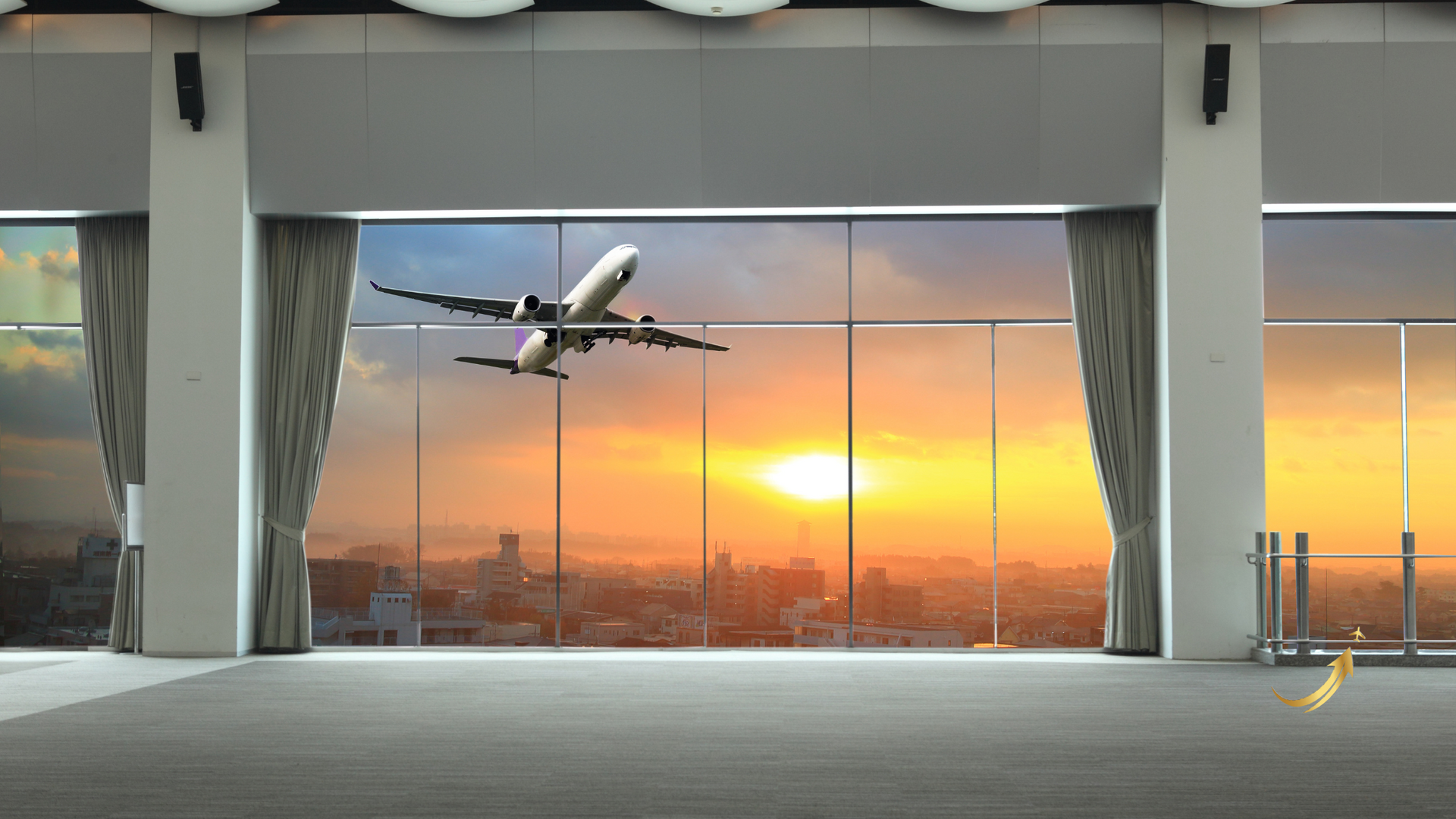Why are Passengers So Unruly and Aggressive When They Travel on Airplanes?
Fighting, groping, mask rebellions...what's going on?
Despite worries about the Delta and Omicron variants, people have been seizing the opportunity to travel for vacation and to visit family and friends. This increase in travel has not been without controversy.
There have been thousands of confirmed reports of aggressive or unruly passengers and most of these reports involved passengers who refused to comply with the federal mask mandate. The FAA has a "zero tolerance" policy in place, but that hasn't stopped people from yelling, kicking seats, and in some cases getting into physical fights while up in the air.
Air travel can be difficult, whether it's navigating extremely long security lines, jammed in the middle seat, or finding yourself on a plane grounded on the runway for hours.
These are all stress-inducing scenarios and most of us would watch a movie or plug in our headphones and listen to a podcast or simply take a nap. For others, the pressure is unbearable and turns into the perfect storm for the unfortunate phenomenon known as air rage.
The term “air rage” is used to describe disruptive and unruly passenger behavior, ranging from yelling at the flight attendant, refusing to sit down, arguing with other passengers and in the most extreme scenarios, attempting to enter the flight deck or open the emergency exit door.
These situations might be worsened, or even directly caused, by excessive drinking of alcohol, fear of flying, mental health conditions or other individual issues the traveler is dealing with.
Airlines and aviation authorities have been clamping down on these unruly passengers with campaigns and initiatives that bring awareness to this issue.
So, what's really going on? Is air rage on the rise? And what can we do to ensure peace, quiet and security in the skies?
Steady Increase in Bad Behavior
The International Air Transport Association (IATA) has been collecting data on disruptive passenger behavior since 2007. IATA ranks unruly behavior incidents on four levels -- minor, moderate, serious and, finally, flight deck breach.
The levels and descriptions are listed below:
Level 1 Minor
Noncompliant with safety regulations and policies
Suspicious behavior
Boisterous/lively/excitable
Argumentative
Level 2 – Moderate
Physically aggressive
Obscene or lewd physical contact
Causing damage to aircraft fixtures or equipment
Level 3 – Serious
Dangerous
Display of or use of weapon
Intent or threat to injure
Level 4 – Flight Deck Breach
Attempt to enter the flight deck
Act of sabotage
Credible threat of unlawful seizure of the aircraft
Excessive Drinking of Alcohol
One of the most common causes of air rage is alcohol -- the phrase "it's five o'clock somewhere" is never truer than when traveling where your body clock could still be tuned to any number of time zones.
Have you ever been in business class lounge sipping on drinks even though it's only 5.30 a.m.? Or maybe you need a couple of glasses of wine to steady your nerves before a long-haul flight. There is also the possibility that the passenger may have taken mind altering drugs.
The problem with in-air-alcohol is the flight attendant has no idea how much the passenger has drunk before they boarded the plane. What may look like a person’s first or second drink may be the person’s fourth or fifth drink.
If someone starts displaying signs of drunkenness mid-flight, the flight attendants can and should deny that passenger alcohol.
Going Viral
With so many people carrying cell phones an air rage incident isn't confined to an airplane cabin. Within seconds it can be live streamed to the world. You should constantly be aware that you could be recorded at any time and anything you do could be misconstrued.
Most of us see these videos and just feel thankful we weren't on that plane. Other find themselves empowered by the unruly behavior and its potential lack of consequences. Still others think it's acceptable behavior and look at it as a way to get attention or simply get what they want.
Defusing the Situation
Flight attendants spend most of the flight time serving food and drinks -- but the flight crew are the last defenders and are considered "aviation's front line." If there's trouble on a flight, no matter what level of severity, it's up to the flight crew to resolve the situation and ensure the safety of passengers.
The flight crew has de-escalation training, and they are taught techniques to make sure that small incidents don't become large incidents. If a passenger is disruptive -- whether that's displaying drunk and disorderly behavior or refusing to comply with instructions, the flight crew has the final word on whether that passenger can remain on the flight.
Consequences and Law Enforcement
Most people think that behaving badly should have consequences whether that be on land on in the air. But that law can get a bit complicated.
In most countries, if a person assaults another customer or member of staff in a restaurant, shop or on a train, they will be arrested and punished for their offense. If a person assaults a member of cabin crew or another passenger on an international flight, in most cases they will not face prosecution. This obviously undermines the deterrent aspect.
The Tokyo Convention of 1963 covers offenses committed during flights and stipulates that the jurisdiction over offenses is conferred on the state where the aircraft is registered. This means if the aircraft lands in another country, local police don't have authority to intervene.
Some countries, including the US, Canada, Australia, and the UK, have laws that stipulate they can take control over offenses committed on flights, no matter where the aircraft is registered.
This means that there are robust laws in place to deal with all disruptive and unruly passengers. Disruptive passengers can be charged with recklessly endangering the safety of an aircraft which can carry a potential five-year prison sentence. Civil and administrative penalties can be used to strengthen these rules and regulations.
Reasons Why People Overact and How to Keep Calm
People haven't flown since the pandemic began, and many are relearning the rules. After so many months of not being able to travel, it's as if some people have forgotten the etiquette of air travel.
Listed below are some reasons why people are unruly while flying:
- Covid-19 is still here, and everyone is still on edge. Now that the Omicron variant is spreading like wildfire, along with news of breakthrough infections, and a renewal of social distancing and mask-wearing, anxiety is still high, and everyone has a unique way of responding to stressful situations.
- New in-flight regulations make people feel threatened and often when people feel a sense of threat, they become aggressive; it's a defense mechanism that they hope will defend them against the perceived source of the threat. Unfortunately, the flight attendant usually becomes the target of this displaced anger, frustration, and sense of violation.
- Some people think that rules do not apply to them. The majority of people are eager to comply with airline safety rules and just want to get to their destination. Then there are those who have a disregard for rules and a false sense of entitlement. Others want to do things their own way, whether that's right or wrong.
- Covid-19 guidelines keep changing, and people are confused and angry. The ever-changing guidelines about mask mandates and policies further complicates the picture by creating chaos and confusion.
If any of these reasons strike a chord with you, the best thing you can do is give yourself a time out. Take a moment or two away from the situation and agree with yourself that you won't react to the triggering person or event for 20 minutes. Take this time to reflect on things that are going well and remind yourself that there are appropriate avenues to file a grievance.
The Last Word
When will people behave on airplanes again? It's hard to predict whether this type of behavior will stop as we move out of pandemic times. It could take some time because it looks like the negative effects of the pandemic will continue for several years.
When using public transport like airplanes we must put our personal beliefs and frustrations aside which in this case ensures the safety not only of ourselves but other passengers.
Change is hard and the past two years has forced us to adapt in ways no one ever anticipated. As we grow more accustomed to the new normal, and the rates of infection decline, we will feel less on edge, less threatened, and more able to adapt to the requests being made of us.
Have you ever experienced an unruly passenger while traveling? If so, we would like to hear your story.
Contact Colesville Travel at 301-989-1654 or email us at cindy@colesvilletravel.com if you would like to stay in touch or would like a quote on the trip of your choice.
In the meantime, stay inspired!
Cindy
Blog

